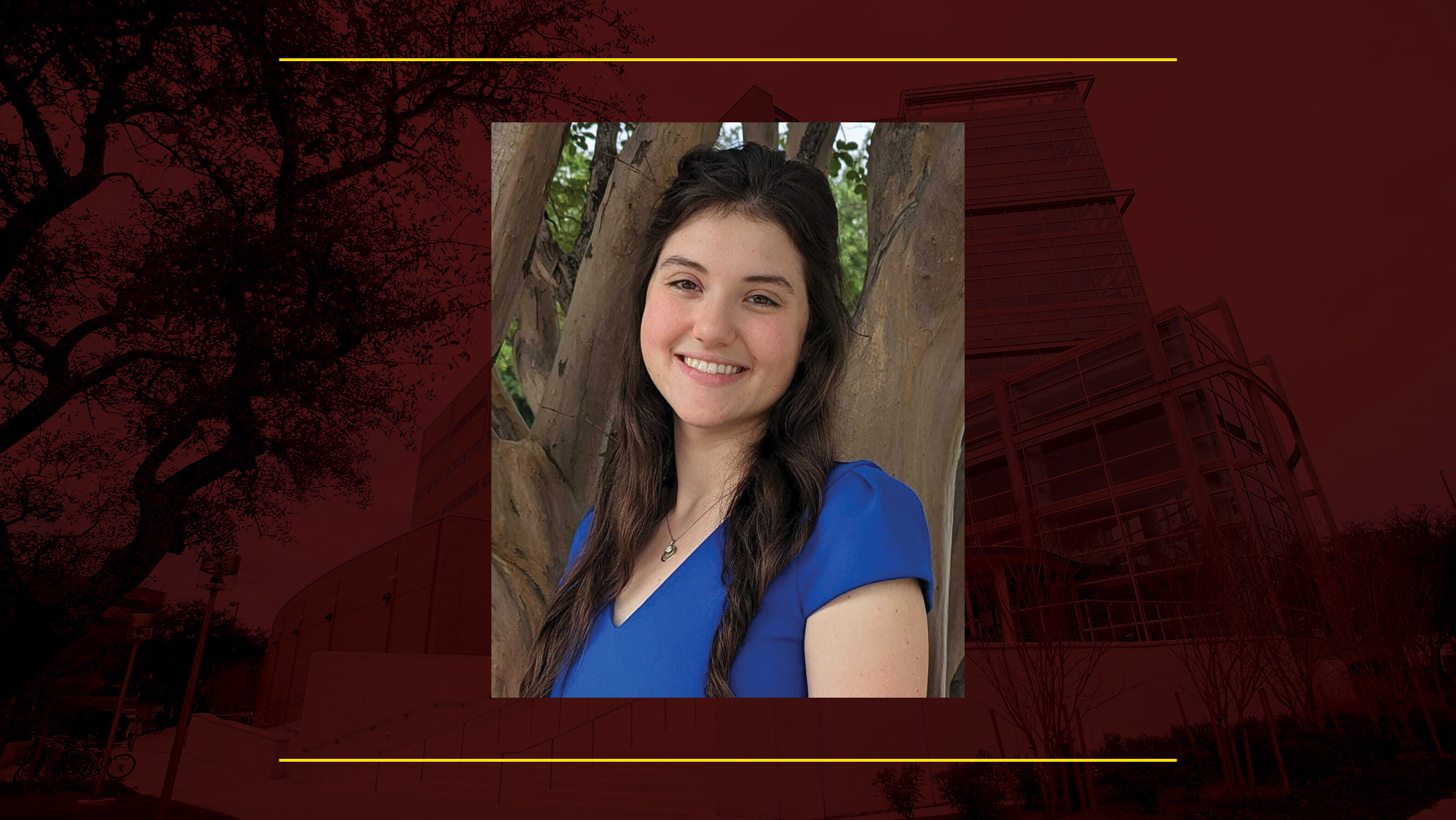
Chemical engineering Ph.D. candidate Jenna Vito will receive the 2024 National Science Foundation Graduate Research Fellowship for her research in zeolite catalysis.
“There are a lot of professional development opportunities with this award, as well as networking,” Vito said. “Overall, it's exciting and a pretty prestigious award.”
Vito’s goal is to work toward making industrial processes more energy efficient and adopt greener chemistry-related practices.
“Making those greener processes more economically feasible compared to the current processes we have now that aren't always super benign to the environment,” Vito said.
Specifically, Vito’s research focuses on how to design zeolite confined catalysts for selective hydrocarbon transformations.
“My project is looking at how we can deconvolute the steric and electronic effects that appear as a result of confinement,” Vito said. “I use acetylene hydrogenation as a model reaction for this. I synthesize the catalysts and test them against controls to see the impact of parameters like acidity and pore size on reaction outcomes.”
Vito’s goal is to work toward making industrial processes more energy efficient and adopt greener chemistry-related practices.
Additionally, Vito extends this to studying kinetics and hydrogen activation to see how confinement affects this system on a molecular level.
Dr. Manish Shetty, a chemical engineering professor and Vito’s faculty advisor, believes this fellowship will help Vito achieve her research goals and venture into more high-risk research areas.
The two components of the application are the research statement and the personal statement. Vito said that the personal statement holds tremendous weight regarding involvement in professional organizations, volunteering, outreach, and the ability to contribute to the scientific community at large.
Vito’s community outreach involves motivating kids to be excited about engineering and science.
She volunteers with a campus program that offers a day camp for kids covering different engineering branches. She also brings STEM activities and experiments to the classroom to supplement students’ learning.
“Jenna came to us with a great undergraduate background from West Virginia University,” Shetty said. “In our group, she works on making industrial olefin production efficient with precise catalyst design. In and outside the lab, she has been a champion for safety, and has been actively involved with CheGSA and outreach activities through the Society of Women Engineers. Importantly, I hope this serves as a stepping stone for future academic and professional success.”